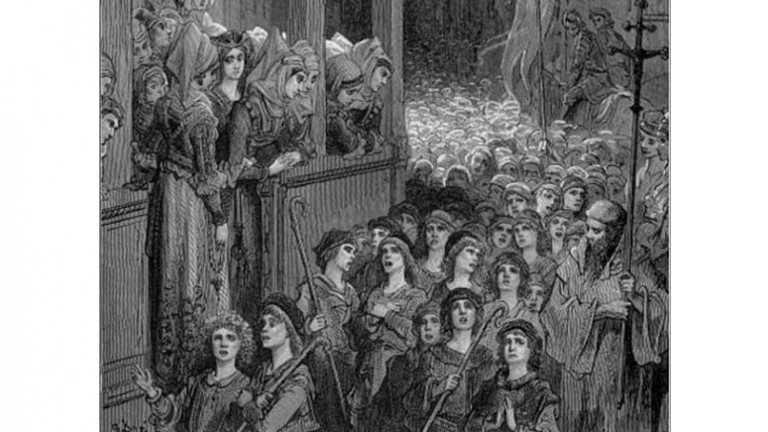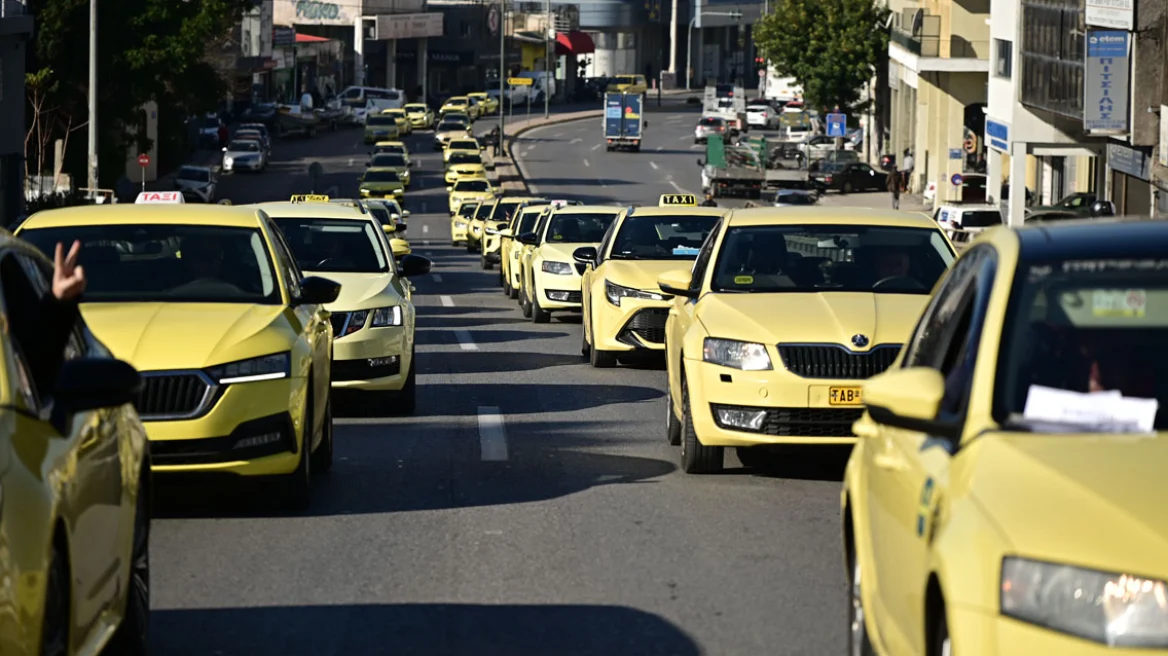The Children’s Crusade is one of the more unusual events that occurred in Medieval England. In the year 1212, tens of thousands of self-proclaimed, unarmed crusading children set out from northern France and western Germany to regain Jerusalem from the Muslims. While never actually receiving official sanction, the so-called crusade was a disaster. None of the children reached the Holy Land, many were said to have been sold into slavery, and thousands never returned at all.
The Major Crusades
Between the 11th and 13th centuries, seven major Crusades were launched by Christians in Europe against Muslims that were in control of the Holy Land. In addition to these major military campaigns to the East, the Latin Roman Catholic Church also sanctioned numerous minor Crusades against her enemies. These included the Albigensian Crusade (1208–1241), aimed at eradicating the Cathar heretics of southern France, and the Northern Crusades (1193–1290) against the pagans of Northern Europe. Yet, one of the most bizarre episodes in the history of the Crusades is perhaps the so-called ‘Children’s Crusade’, said to have taken place in 1212.
According to a 13th century source, the Chronica regia Coloniensis (‘Royal Chronicle of Cologne’), the Children’s Crusade began around Easter or Pentecost of 1212:
Many thousands of boys, ranging in age from six years to full maturity, left the plows or carts they were driving, the flocks which they were pasturing, and anything else which they were doing. This they did despite the wishes of their parents, relatives, and friends who sought to make them draw back. Suddenly one ran after another to take the cross. Thus, by groups of twenty, or fifty, or a hundred, they put up banners and began to journey to Jerusalem.
Digital immortality: How your life’s data means a version of you could live forever (video)
The children claimed that it was the will of the Divine that prompted them to undertake this Crusade. In spite of this, their expedition did not achieve its intention in the end, “Some were turned back at Metz, others at Piacenza, and others even at Rome. Still others got to Marseilles, but whether they crossed to the Holy Land or what their end was is uncertain.” The author ends the account on a grim note, “One thing is sure: that of the many thousands who rose up, only very few returned”.
Read more: Ancient Origins
Ask me anything
Explore related questions





